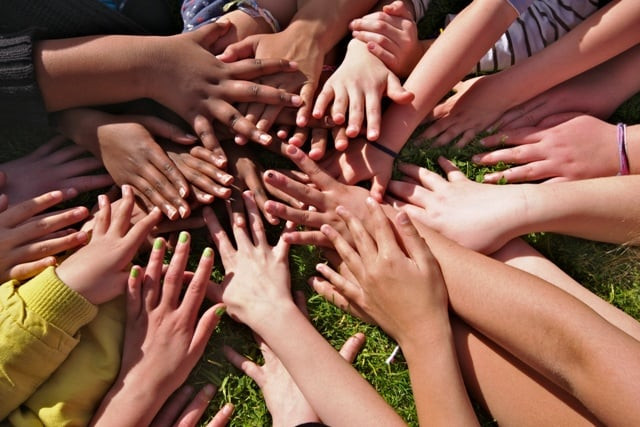Devolution confusion: ‘A child will get different rights in each province’
Devolution of child rights will cause more confusion, say NGOs, but govt says all will be well.

A Pakistani child will get different rights in every province now that each of them will draft their own legislation, said Iqbal Ahmed Detho, a child and human rights activist at the Society for the Protection of the Rights of the Child (Sparc).
He points out that much like the other provinces of the country, a child in Sindh will be judged by the ministry of interior in case of criminal offence, will be brought to justice by the ministry of labour in case of bonded labour, will be judged upon by the Islamic law or by the Child Marriage Restraint Act 1929 in case of early marriage, will be looked after by the social welfare department if he or she is destitute, homeless or abused.
However, the Sindh government seems confident about going ahead with devolution as officials of its social welfare department argue that this is not an issue under the merged set-up. This involves the National Commission for Child Welfare and Development (NCCWD) that was merged with three other federal departments — the National Commission of Social Welfare (NCSW), the National Trust for the Disabled (NTD) and the National Council for Rehabilitation for Disabled Persons (NCRDP).
This new body will coordinate work among the provinces and see to it that international conventions and treaties are followed, said a senior social welfare official.
As the provinces take complete charge, Sindh is starting by forming Child Protection Units and shelter homes for street children. “They will look after the destitute and homeless children and more importantly provide rehabilitation that is the most needed,” said the official.
So far, there are three Child Protection Units running in Karachi, Hyderabad and Sukkur with Unicef’s help. There are plans to create more in other districts but that depends on the funding and success of the model project, she added.
There is also a helpline, 1121, which is not just for children living in extreme conditions but also caters to others.
Transfer confusion
There seems to be confusion between the federal and provincial governments over many issues pertaining to child rights.
Through the enactment of the 18th Amendment, a new Entry No. 32 was made in the Federal List (part I) of “international treaties, convention, agreements and international arbitration”. This translates into the fact that under the Constitution, the federal government is empowered to make laws concerning all international treaties and bindings related to child rights, limiting the independence of the provinces.
A child’s age
Meanwhile, Sparc’s Iqbal Detho revealed another problem — the absence of a concise definition of a child’s age. Until that is decided, there will be perpetual confusion on who will be called a child in this country, he said.
Pakistan is a signatory to the UNHCR agreements which define a child as an individual who is up to 16 years of age. However, Pakistan has not ratified this protocol. But Hijab Manzar, the social welfare provincial coordinator, told The Express Tribune that there are plans in the pipeline to tackle such grey areas. After the closing of books in June, her department plans to conduct a consultative meeting in the first week of July, taking all the stakeholders and NGOs on board, to design a framework. “Once the process begins, it won’t take much time if there are concerted and united efforts,” she assured.
A sceptical Detho believes, however, that it is an onerous task and requires many more resources than just will. “We need human resources, infrastructure and separate funding dedicated to the sensitive issue of child rights.”
Published in The Express Tribune, June 27th, 2011.












1724319076-0/Untitled-design-(5)1724319076-0-208x130.webp)






COMMENTS
Comments are moderated and generally will be posted if they are on-topic and not abusive.
For more information, please see our Comments FAQ